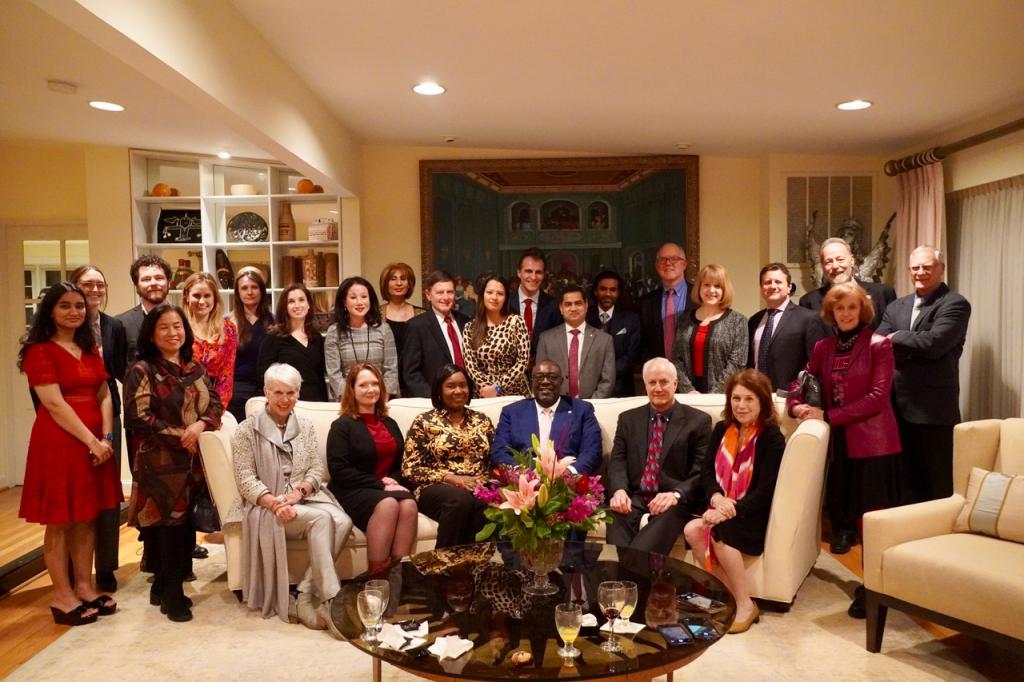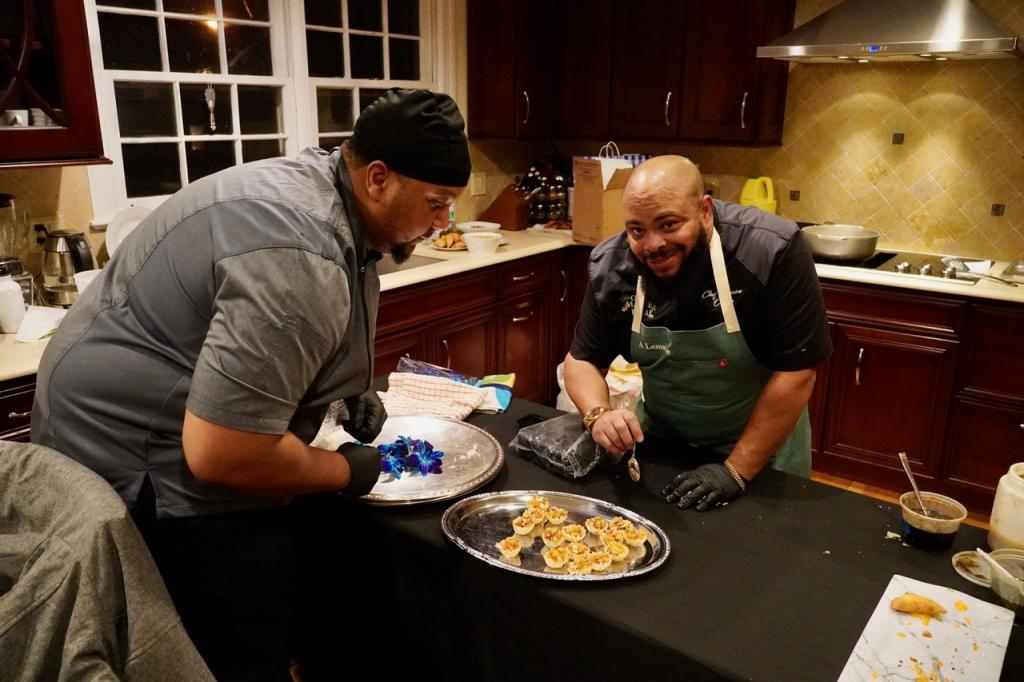Haitian Ambassador Bocchit Edmond seeks international help to calm country's turbulence
Members of the International Correspondents Committee of the National Press Club experienced a delightful and thought-provoking Embassy Night on Jan. 27 as they visited the residence of Haiti's Ambassador to the U.S., Bocchit Edmond, and his wife, Alma Phanor Edmond.

Ample cultural pleasures were tempered by the Ambassador’s description of the realities endured by his fellow Haitians. Ambassador Edmond called for the international community to respond to the growing humanitarian crises, plural, enveloping Haiti.
Edmond is well-aware that with Ukraine sucking all the air out of diplomacy’s room and tensions rising with China, it’s easy for Americans, and media, to look past a Caribbean neighbor whose multilingual people have greatly enriched the cultures of nations they’ve emigrated to.
Contrasting with messages usually imparted by foreign diplomats in Washington who tout their nations' swagger on the world stage, Edmond underscored his country’s plight is extreme in every regard.
Haiti’s fascinating struggles for freedom encompassed bedevilment by the Spanish, English, French, Dutch and even Americans, as well as internal conflicts and even what became the Dominican Republic, which has two-thirds of the island of Hispaniola.
Now bedevilments are close at home. The ambassador says that in the two years since the assassination of President Jovenel Moise, Haiti has "sunk deeper into a cycle of instability, with armed gangs fueled by drug cartels who benefit from the instability.”
After three decades of diplomacy, including as Ambassador to the Organization of American States, Edmond has the unenviable task of asking the United Nations for armed troops to shore up frustrated national police to quell the gangs that took more than 30 police lives in the past year.

“I’m optimistic that with the help of international partners these challenges can be overcome,” says Edmond, “but every ambition, including for desired elections, requires a peaceful environment to have a chance."
The Edmonds explained the significance of the Haitian art throughout their home, from historical portrayals to vodou traditions, and the deep cultural ties with Benin, from which many slaves were taken.
Haitian-American Chef Alain Lemaire flew up from Miami to prepare the tastes he grew up with. Notable among them was lip-quivering pumpkin soup, once banned to slaves under penalty of death and now eaten with gusto in January by Haitian diaspora celebrating the first successful slave rebellion.
